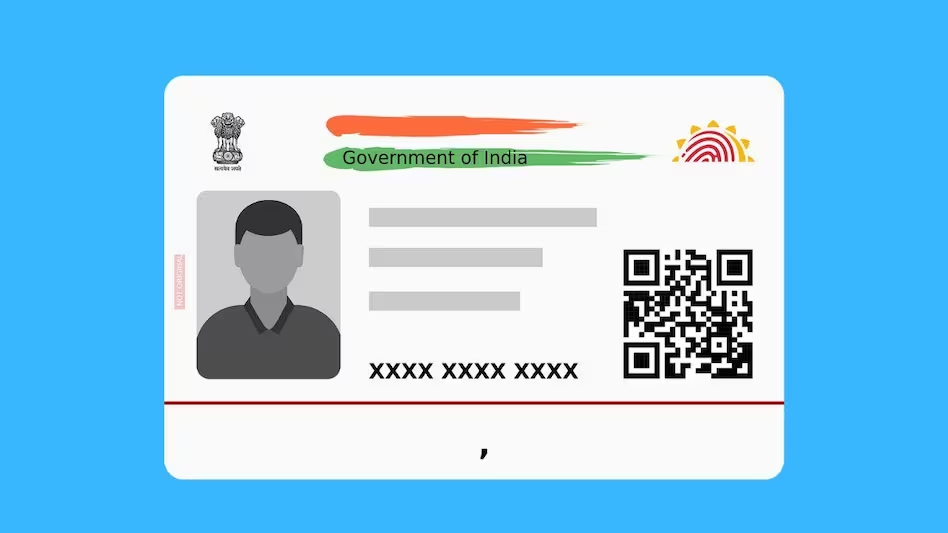

EPF Not Credited? Here’s What You Can Do If Your Employer Skips Contributions
Your salary slip shows PF deductions every month—but what if your employer isn’t actually depositing that money into your EPF account? It’s a scenario more common than you might think—and one that can seriously impact your retirement savings.
Let’s unpack what this means and how you can protect yourself.
🏦 How EPF Contributions Are Supposed to Work
The Employees’ Provident Fund (EPF) is designed to help salaried workers build a retirement corpus. Every month:
| Who Pays | Contribution | Purpose |
|---|---|---|
| You (the employee) | 12% of your basic salary | Automatically deducted |
| Your Employer | 12% of your basic salary | Must deposit both shares with EPFO |
Employers are required to deposit both contributions (yours + theirs) with the Employees’ Provident Fund Organisation (EPFO) by the 15th of the following month.
But what if they don’t?
⚠️ When Employers Fail to Pay EPF: What Happens
An employer skipping EPF payments—while still deducting your share—is not just unethical, it’s illegal.
Consequences for the Employer:
- Heavy Penalties: EPFO imposes interest (up to 12% annually) and damages (up to 25% of the default amount).
- Legal Repercussions: Non-payment can lead to prosecution, including fines and jail terms of up to 3 years.
- Trust Deficit: Employees lose faith. Company reputation takes a hit.
- Loss of Interest: Delays can result in interest not being credited on time, affecting your EPF growth.
🛡️ What You Can Do as an Employee
You don’t need to stay silent. Here’s how you can take control:
- Track Your EPF Account
- Visit the EPFO Member Portal to view your passbook.
- Compare deductions from your salary slip with entries in the passbook.
- Raise a Complaint
- Use the EPFiGMS (EPF Grievance Management System) to file a complaint.
- Visit Your Regional EPFO Office
- If the issue persists, report the employer directly to the local EPF office.
Remember, as an employee, you have the right to know where your retirement funds are going.
🔍 Final Take
Failing to deposit EPF contributions isn’t a harmless delay—it’s a serious violation that can rob you of your retirement savings and peace of mind. The good news? You’re protected by law, and EPFO has strict mechanisms in place to deal with erring employers.
✅ Make it a habit to check your EPF balance monthly.
✅ Flag any inconsistencies immediately.
✅ Don’t let delays go unnoticed—this is your hard-earned money.
📌 Disclaimer
This article is meant for general awareness and should not be considered as financial or legal advice. Policies and rules are subject to updates, and individual circumstances can vary. For accurate guidance tailored to your case, please consult legal, financial, or tax professionals or contact official EPFO resources. The publisher holds no responsibility for decisions made based on this content.









